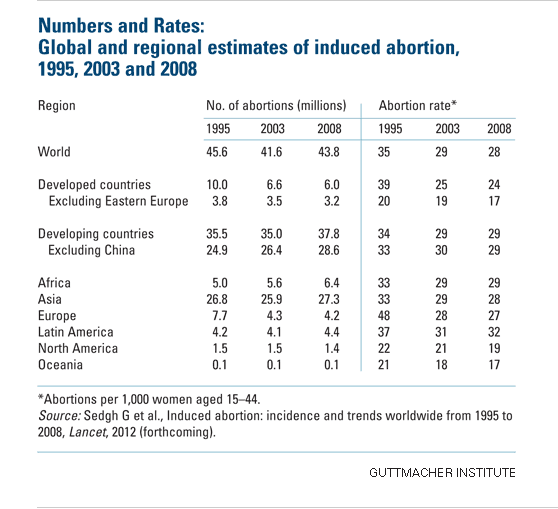The Sierra Leonean government legalised abortion in the country under the Safe Abortion Act, on Tuesday the 8th of December, 2015. This action nullifies the 1861 law which criminalised the procedure except in instances where the mother’s life was at risk. Although President Ernest Bai Koroma is yet to officially sign off on the act, under the new law, women are allowed to terminate the pregnancy during its first 12 weeks, girls under 18 can undergo the procedure if they have permission from a parent or guardian and unqualified doctors face a four-year jail sentence.
One of the major driving forces behind the adoption of the new law is the fact that about one-third of the maternal mortality cases in Sierra Leone are caused by unsafe abortions, carried out by improperly trained persons in inconducive environments. According to Ipas, a global NGO, “In 2011, the Ministry of Health and Sanitation partnered with Ipas to conduct three studies examining unwanted pregnancy and unsafe abortion, revealing that unwanted pregnancy and unsafe abortion were identified in all regions as a significant problem. The studies—which included assessments of the burden and cost of unsafe abortion—found that the Sierra Leone government spent between $112,000 and $230,000 (USD) each year on personnel and medical supplies to treat postabortion cases. If the government provided safe abortion, by contrast, the government could save $121,000 (USD).”
Since 2010, different organisations within the country such as Marie Stopes, several activists, politicians and even the First Lady, Sia Nyama Koroma, have pushed for abortion reform. According to Ufuoma Omo-Obi, Country Director at Marie Stopes, the Abortion Act is useful for reducing the stigma and trauma that victims of sexual violence in the country suffer from and provides an opportunity to save countless lives from preventable deaths.
This achievement puts the West African country at the forefront of progressive abortion law reforms in Africa, where it joins Mozambique and South Africa. Africa has the highest number of countries with the strictest abortion laws in the world. A 2009 Guttmacher Policy Review shows that despite the fact that 40 percent of the 1.5 billion women in the world live in regions where abortion laws are restrictive, this does not deter them from seeking and carrying out abortions.
According to the World Health Organisation, 99 percent of women around the world die from preventable pregnancy-related complications, most of these deaths occur in developing countries and more than half of these cases are in Sub-Saharan Africa. The United Nations Children Fund (UNICEF) has linked the poor level of infant and child health care in Africa to the inability of women to make certain decisions over their health and reproductive rights based on social, economic and cultural factors.
More African countries need to consider liberalising their abortion laws in order to eliminate the prominence of unsafe abortions on the continent and their immediate and long-term effects on women’s health.









